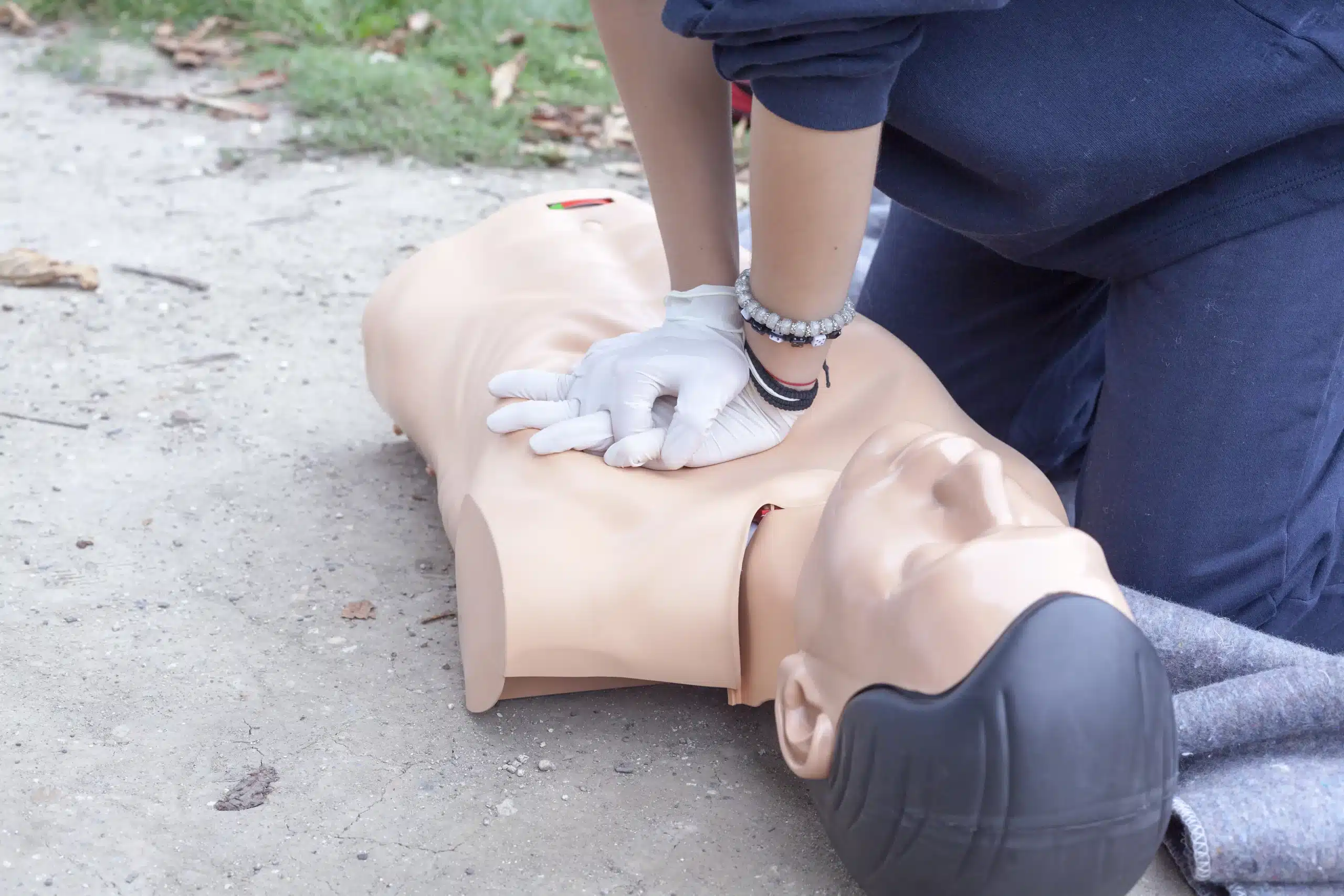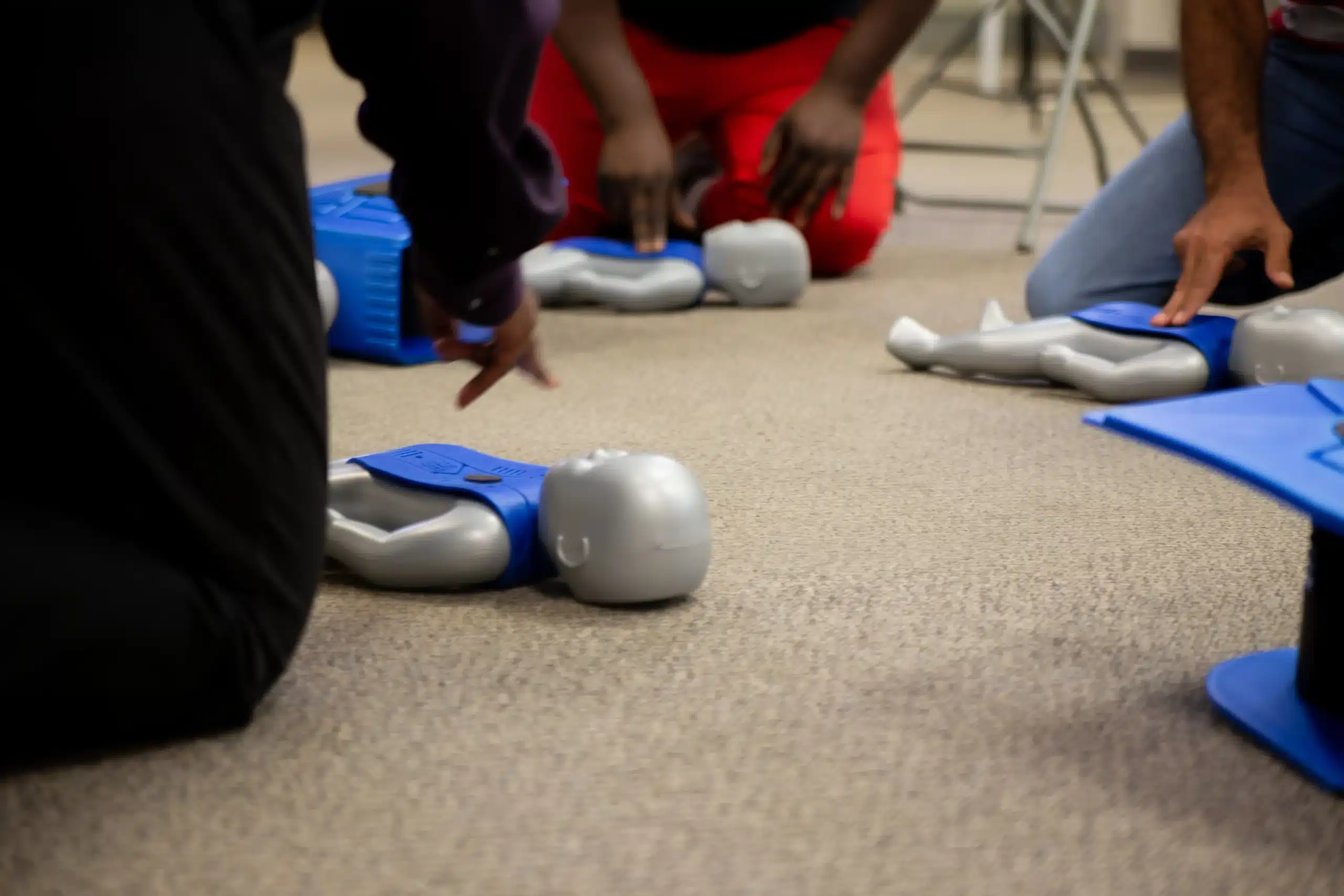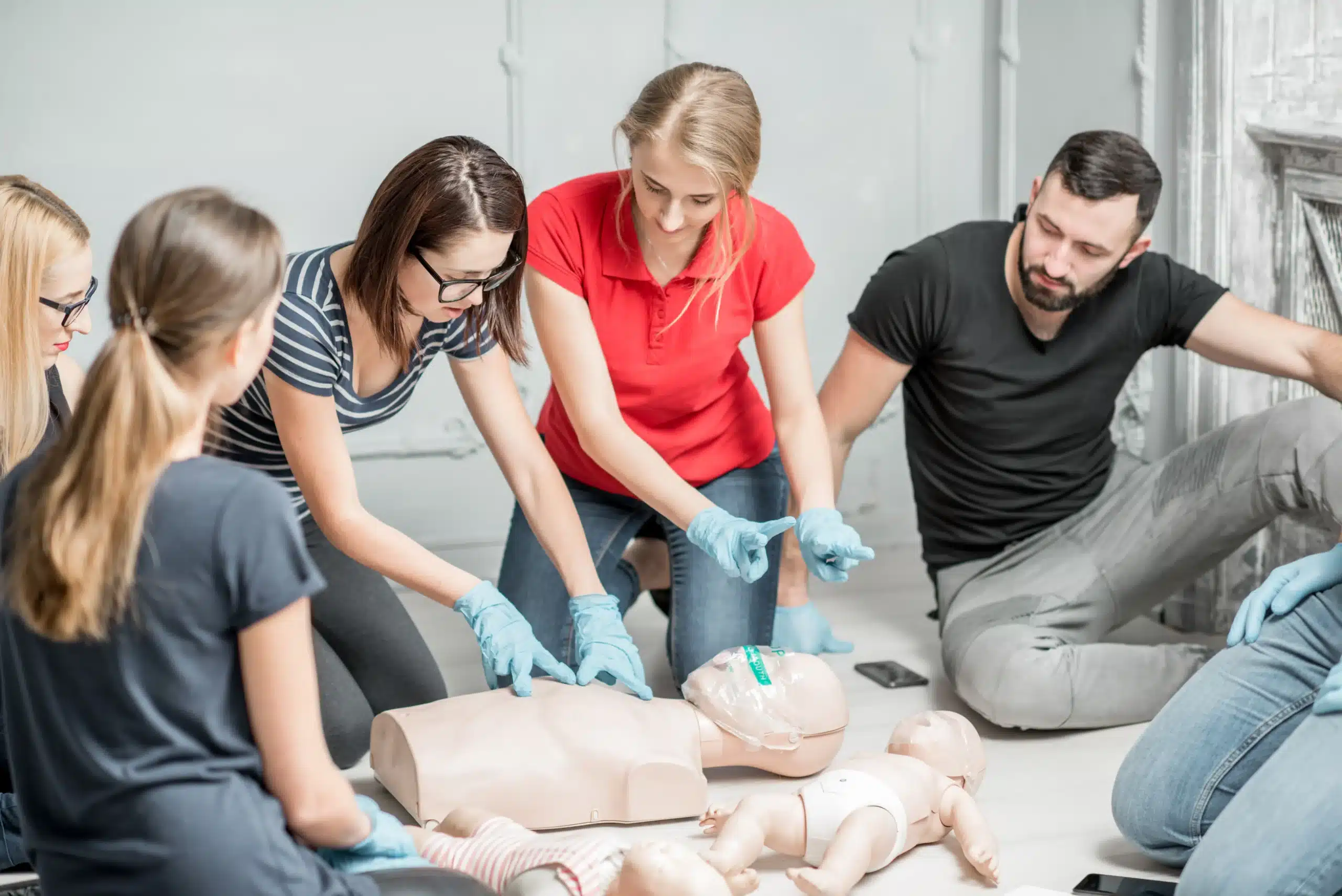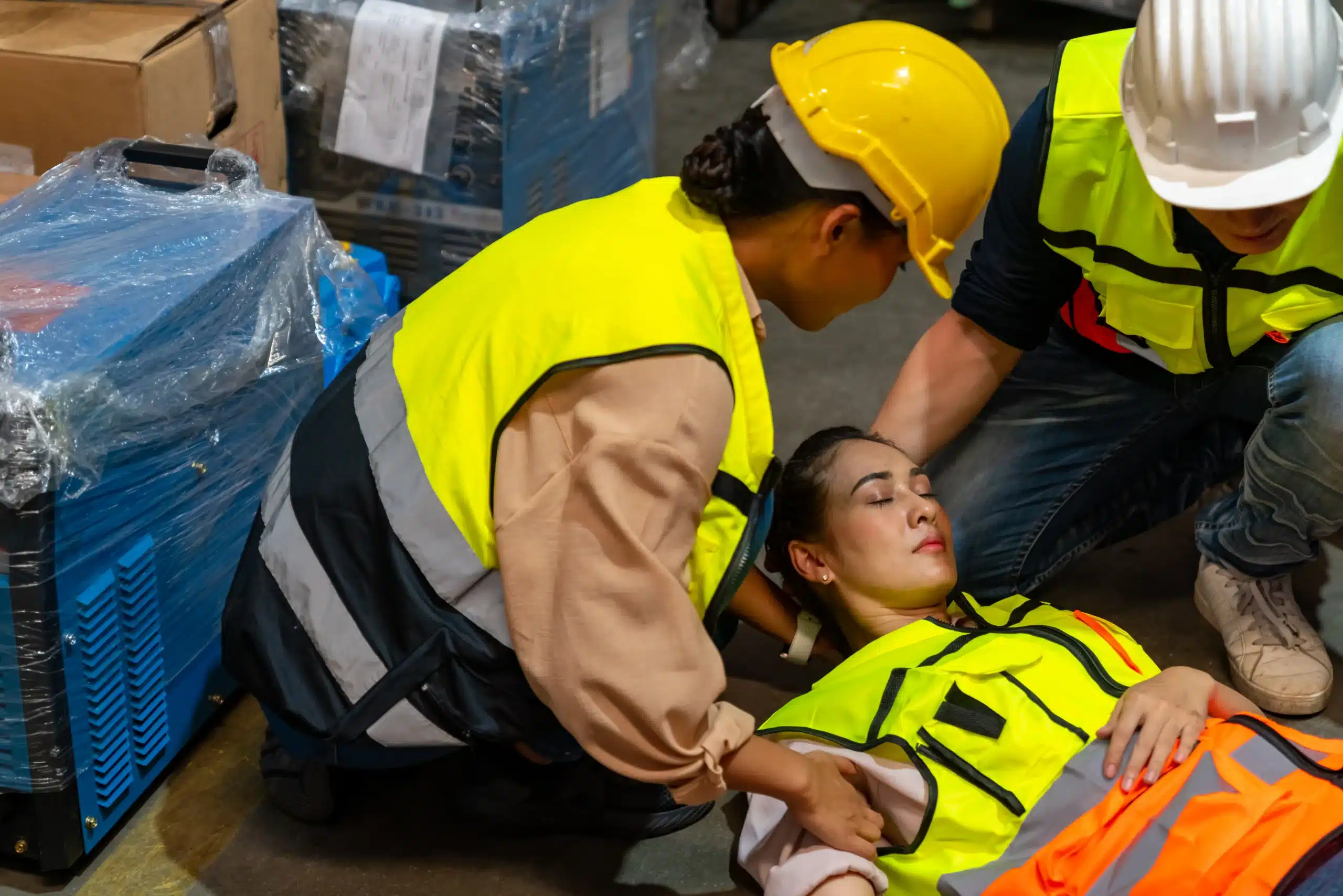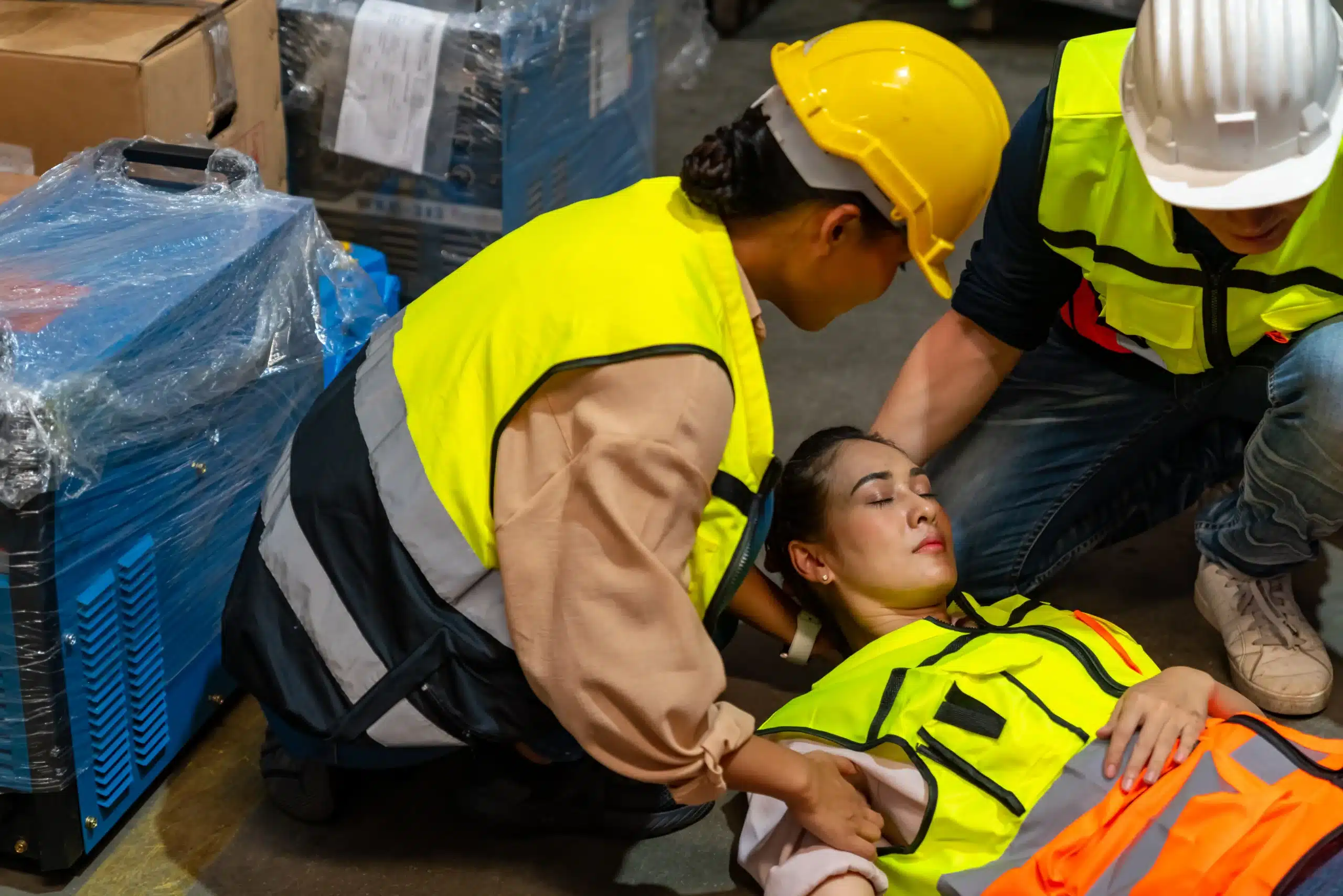Working in healthcare often means facing unexpected challenges, and when those challenges involve children, having the right training is absolutely essential. PALS certification provides healthcare providers with the advanced skills and knowledge to handle pediatric emergencies confidently. This article will guide you through the process of obtaining PALS certification, from understanding the core components and benefits to finding the right course format for your needs, including the option of online PALS classes in Berkeley. We’ll also discuss the costs, requirements, and steps involved in maintaining your certification.
Key Takeaways
- PALS certification equips healthcare providers with essential skills for pediatric emergencies. Confidently manage critical situations and improve patient outcomes with this specialized training. Choose a program that suits your learning style and schedule.
- Online PALS courses offer flexible learning. Blended learning formats combine online coursework with hands-on skills sessions, accommodating busy schedules and diverse learning preferences. Create a productive study environment and utilize online resources for a successful learning experience.
- Berkeley CPR Classes provides accessible PALS certification in the Berkeley area. Benefit from their low-price guarantee, group discounts, and commitment to customer service. Explore their range of courses to find the right fit for your needs.
What is PALS Certification?
PALS Certification is a specialized credential for healthcare providers working with infants and children. It signifies that a healthcare professional has completed rigorous training focused on recognizing and responding to pediatric emergencies. This certification is essential for anyone working in pediatrics, emergency medicine, or critical care. At Berkeley CPR Classes, we offer PALS certification courses to help you gain the skills and confidence to handle pediatric emergencies effectively.
What is PALS?
PALS stands for Pediatric Advanced Life Support. It’s a training program designed to equip healthcare professionals with the knowledge and skills to effectively manage pediatric emergencies. PALS covers a wide range of topics, from respiratory distress and cardiac arrest to shock and post-resuscitation care. The goal is to improve the quality of care provided to critically ill infants and children, ultimately increasing their chances of survival and positive outcomes. PALS is a vital program for any healthcare provider dealing with young patients.
How PALS Benefits Healthcare Professionals
Earning your PALS certification offers several advantages. It enhances your ability to confidently assess and manage pediatric emergencies, leading to improved patient outcomes and a greater sense of professional fulfillment. PALS certification also demonstrates a commitment to providing high-quality care, which can be beneficial for career advancement.
Online vs. Traditional PALS Classes
Choosing between online and traditional PALS classes depends on your learning style and schedule. Online PALS courses offer flexibility, allowing you to learn at your own pace and complete the coursework when it’s convenient for you. This can be particularly helpful for busy professionals juggling multiple commitments. Traditional, in-person classes provide a more structured learning environment with direct interaction with instructors and peers. Many programs, like our HeartCode PALS course, offer a blended learning format, combining online learning with the hands-on experience of a skills session. This approach ensures you receive comprehensive training and develop practical skills.
Find the Right PALS Course
Finding the right Pediatric Advanced Life Support (PALS) course requires understanding your needs and the available options. Let’s explore some key considerations and providers in the Berkeley area.
Berkeley CPR Classes
Berkeley CPR Classes offers American Heart Association PALS courses that follow a comprehensive curriculum covering a wide range of pediatric emergency care topics. Their commitment to customer service and a low price guarantee makes them a popular choice. They also offer discount group classes which can be a great option for workplaces or groups of friends. For those interested in further certifications, they also provide RQI classes.
Safety Training Seminars
Safety Training Seminars provides another option for those seeking AHA-certified courses in CPR, BLS, ACLS, and PALS in Berkeley. This allows you to potentially bundle your certifications and streamline your training process.
ACLS Medical Training
ACLS Medical Training focuses on healthcare professionals seeking PALS certification. Their PALS course is designed for those providing care for pediatric patients in emergencies, emphasizing practical skills and knowledge application.
Bay Area CPR
Bay Area CPR highlights the advantages of online PALS courses, emphasizing the flexibility they offer busy professionals. Their online PALS classes allow students to learn at their own pace and on their own schedule, potentially saving time and money.
Course Duration and Components
Understanding the time commitment involved in a PALS course is essential. The HeartCode PALS course offered by Berkeley CPR Classes, for example, combines online learning with a hands-on skills session. The online portion varies depending on experience, while the in-person skills session typically takes around five hours, including breaks.
Blended Learning Approach
Many providers, including Berkeley CPR Classes, now offer a blended learning approach. HeartCode PALS combines online learning with a hands-on skills session. This flexible format allows you to learn the material at your own pace online and then demonstrate your skills in a practical setting. This approach caters to various learning styles and schedules.
Costs, Requirements, and Certification
This section covers essential details about PALS certification and recertification, including costs, prerequisites, required materials, and certification validity. Understanding these aspects will help you prepare for your PALS training.
Certification and Recertification Costs
Knowing the financial commitment upfront helps you budget effectively. While pricing can vary, PALS certification typically costs around $275, and recertification is usually around $175. For the most up-to-date pricing, check directly with your chosen provider.
Prerequisites and Eligibility
PALS certification is vital for healthcare professionals working with pediatric patients in emergencies and critical care. This includes doctors, nurses, paramedics, respiratory therapists, and other healthcare providers. While specific prerequisites may vary between providers, a general understanding of pediatric advanced life support principles is often recommended. Medtigo offers more information about PALS certification.
Required Materials and Equipment
For online PALS classes, you’ll need a reliable device and a strong internet connection. This could be a laptop, desktop, or tablet with a keyboard so you can actively participate and complete assignments. Ensure your setup allows you to comfortably engage with online learning materials, as outlined by Thinkific. Some courses may also require a webcam and microphone. Always confirm the specific technical requirements with your course provider.
Certification Validity and Renewal
Your PALS certification is typically valid for two years. Many courses offer continuing education units (CEUs). After two years, you’ll need to recertify to maintain your credentials and stay current with the latest guidelines in pediatric advanced life support. Plan for recertification to ensure continuous compliance and high-quality patient care.
Get the Most Out of Your Online PALS Training
Online PALS training offers a convenient way to gain essential pediatric advanced life support skills. To maximize your online PALS experience, consider these tips and resources.
Tips for Success
Online PALS courses offer incredible flexibility. Learn at your own pace and schedule your training around your life, saving valuable time and energy. Create a dedicated study space free from distractions to maintain focus. A quiet area with good lighting and a comfortable chair can significantly improve your learning. Break the course material into smaller, manageable chunks. Instead of absorbing everything at once, set realistic goals for each study session. This approach can make the content less overwhelming and easier to retain. Actively participate in online discussions or virtual simulations offered in the course. Engaging with the material and your peers reinforces learning and provides valuable insights.
Overcome Common Challenges
Technical difficulties can sometimes disrupt online learning. Ensure you have a reliable computer and a stable internet connection before starting your course. Keep your software updated and don’t hesitate to contact your course provider’s technical support for help if you run into problems. Staying motivated in a self-directed learning environment can be tough. Set clear learning objectives and create a study schedule to stay on track. Regularly review the course materials and practice the skills you’re learning to reinforce your knowledge. Connecting with other students can create a sense of community and support, which helps maintain motivation. Remember to celebrate your progress to stay encouraged.
Additional Resources and Support
Many online PALS providers offer supplemental resources to enhance your learning. Look for courses that include practice tests, case studies, or interactive simulations. These resources help you apply your knowledge and build confidence in your skills. You can also find valuable PALS resources online, such as comprehensive guides on treatment protocols, assessment techniques, and medications used in pediatric emergencies. Online PALS recertification courses are also available, often with all study materials included, making it easy to keep your skills current. ACLS Medical Training offers online PALS recertification. Take advantage of these tips and resources to maximize your learning and gain the confidence to provide effective pediatric advanced life support.
Choose the Right Online PALS Class in Berkeley
So, you’re ready to get your PALS certification—fantastic! Choosing the right course is an important step. With so many options, it can feel a little overwhelming. This section breaks down the key factors to consider when selecting an online PALS class in Berkeley.
Factors to Consider
Online PALS courses offer incredible flexibility, especially for busy professionals. You can learn at your own pace and on your own schedule, saving valuable time and money. Think about your learning style and how much time you can realistically dedicate each week. Some online courses offer more structured learning, while others let you move through the material more freely. Consider what works best for you. Location is also a factor. While online courses offer flexibility, you’ll likely need to attend an in-person skills session. Choose a provider with a convenient location, like Berkeley CPR Classes, serving Alameda, Oakland, and Berkeley.
Accreditation and Recognition
PALS certification is a critical credential for healthcare professionals working with pediatric patients, especially in emergency and critical care situations. Make sure the course you choose is accredited by a reputable organization like the American Heart Association (AHA). The AHA’s PALS certification is widely recognized and respected in the healthcare industry, ensuring your certification meets industry standards and will be accepted by employers.
Flexibility and Scheduling
Many online PALS courses use a blended learning approach, combining online learning with in-person skills sessions. This offers the best of both worlds. You can learn the cognitive material online at your own speed and then demonstrate your skills in a practical setting. HeartCode PALS is a popular example of this blended learning model, allowing you to work through interactive case simulations online before attending a hands-on session.
Why Choose Berkeley CPR Classes?
Berkeley CPR Classes offers AHA-compliant PALS courses in Berkeley, following a comprehensive curriculum covering various topics relevant to pediatric emergency care. They also offer a low price guarantee and group discounts, making their courses accessible and affordable. With classes available daily in over 60 cities, finding a convenient time and location is easy. Their commitment to customer service ensures you have the support you need throughout the certification process. You can also find other courses such as RQI classes and ACLS courses.
Post-Certification Support and Resources
After earning your PALS certification, continued learning is essential. Look for courses that offer ongoing support and resources. This might include refresher materials, updated guidelines, or access to a community of healthcare professionals. Access to PALS resources, such as guides on treatment, assessment, and medications for pediatric emergencies, can help you stay sharp and confident in your skills.
Related Articles
- AHA PALS Classes in Berkeley, CA – Berkeley CPR Classes
- HeartCode PALS Berkeley: Your Certification Guide – Berkeley CPR Classes
- ACLS HeartCode Berkeley: Your Complete Guide – Berkeley CPR Classes
- BLS Renewal in Oakland: Your Guide – Berkeley CPR Classes
- Online CPR Classes in Alameda: A Practical Guide – Berkeley CPR Classes
Frequently Asked Questions
What exactly does PALS training cover?
PALS training focuses on the systematic approach to pediatric assessment, basic life support, PALS treatment algorithms, effective resuscitation teamwork dynamics, and high-quality post-resuscitation care. It emphasizes a structured approach to managing pediatric emergencies, ensuring a consistent and effective response.
How long is the PALS certification valid, and how do I renew it?
PALS certification is typically valid for two years. To renew your certification, you’ll need to take a PALS recertification course before your current certification expires. This ensures your knowledge and skills are up-to-date with the latest guidelines.
What are the key differences between online and in-person PALS courses?
Online PALS courses offer flexibility, allowing you to complete the coursework at your own pace and on your own schedule. In-person classes provide a more structured learning environment with direct interaction with instructors and peers. Many providers now offer blended learning, combining online coursework with a hands-on skills session.
What are the typical costs associated with PALS certification and recertification?
Costs can vary depending on the training provider and location. Generally, initial PALS certification costs around $275, while recertification is usually around $175. It’s always best to check with your chosen provider for their specific pricing.
Why is PALS certification important for healthcare professionals?
PALS certification demonstrates a commitment to providing high-quality care for infants and children. It equips healthcare professionals with the knowledge and skills to effectively manage pediatric emergencies, potentially improving patient outcomes and increasing chances of survival. It can also be beneficial for career advancement.


